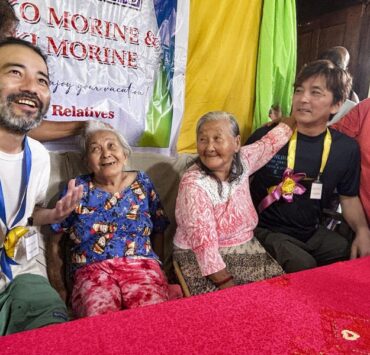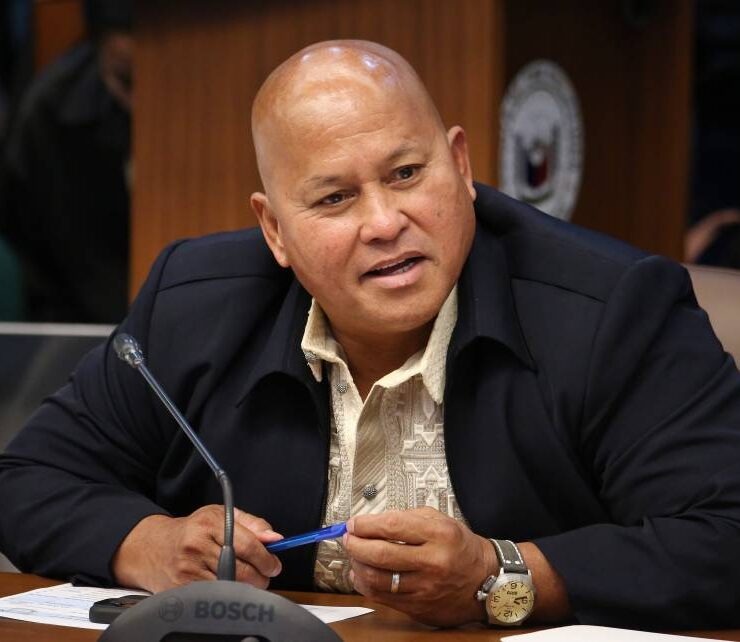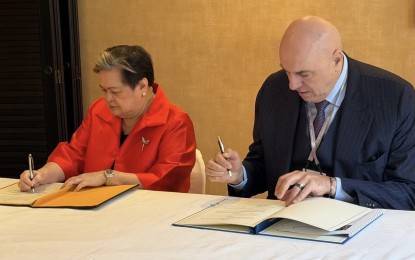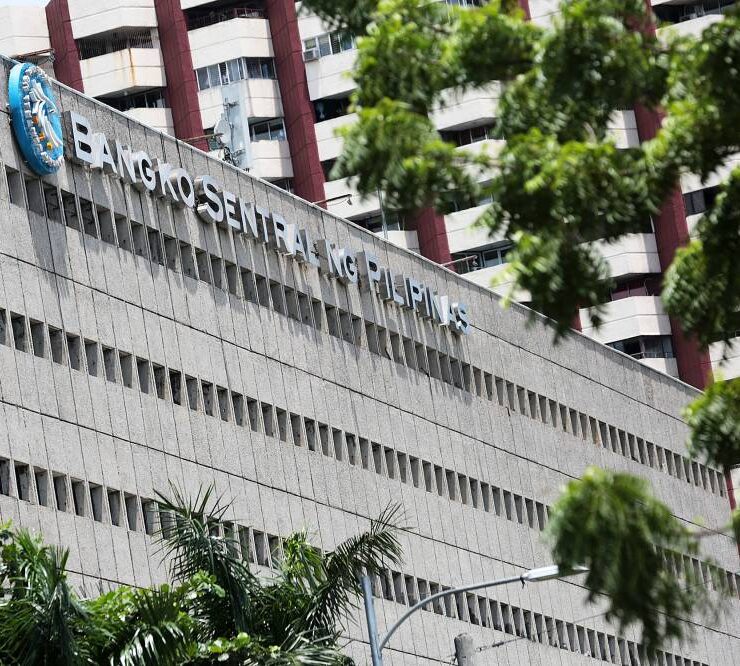MMDA vows fairness in ‘No-contact’ policy
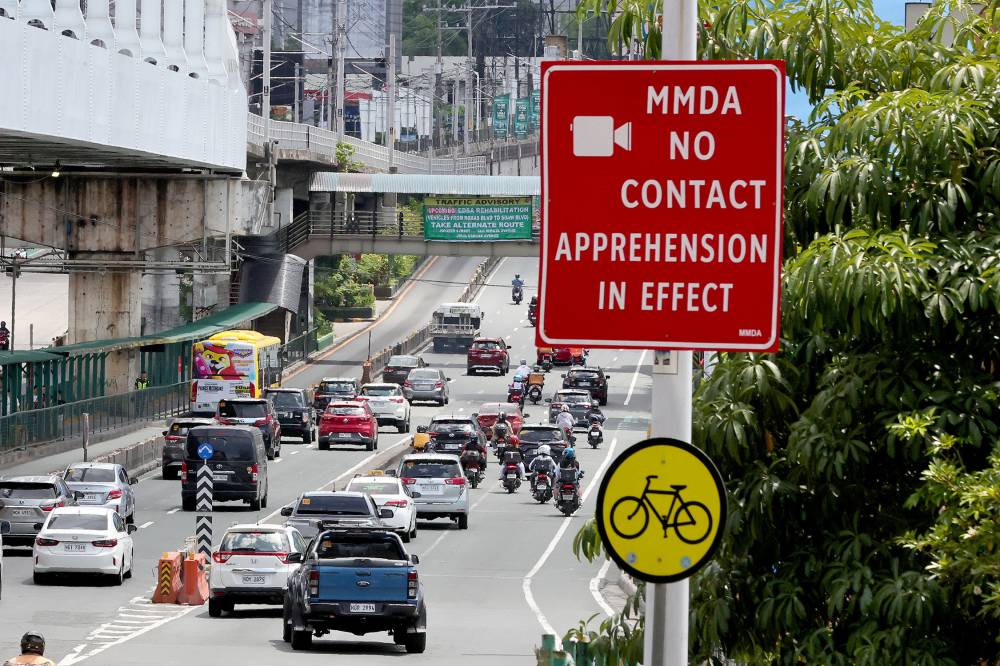
The Metropolitan Manila Development Authority (MMDA) will again enforce starting today, May 26, the No Contact Apprehension Policy (NCAP) on major thoroughfares in the National Capital Region, with the agency assuring motorists of fairness in citing traffic violations.
The agency also clarified that the policy will not yet be enforced in some parts where traffic and road signs have yet to be fixed.
“We will not implement NCAP in areas where there are problems on pavement markings and traffic signages just to be fair [to our motorists],” MMDA traffic discipline office director for enforcement Victor Nuñez said in a radio interview on Sunday.
He cited as an example a portion of Commonwealth Avenue in Quezon City being rehabilitated by the Department of Public Works and Highways.
“When personnel are doing asphalt overlay, the blue markings for the motorcycle lanes will be covered. Of course, we will not be apprehending motorists who will be disregarding the blue lanes,” Nuñez said.
“We will be fair in dealing with these issues, and if there is an error on our part of serving a notice of violation despite the absence of proper traffic signages, [motorists] can file a protest online through our traffic adjudication office,” he said.
Roads covered
According to an MMDA advisory, the NCAP will be implemented on five circumferential (C-1 to C-5) and 10 radial (R-1 to R-10) roads in Metro Manila.
These are C-1: Recto; C-2: Mendoza, Quirino Avenue; C-3: Araneta Avenue; C-4: Edsa; C-5: C.P. Garcia, Katipunan Avenue and Tandang Sora; R-1: Roxas Boulevard; R-2: Taft Avenue; R-3: South Super Highway (Osmeña Highway, East and West Service Road, and Manila South Road); R-4: Shaw Boulevard; R-5: Ortigas Avenue; R-6: Magsaysay Boulevard and Aurora Boulevard; R-7: Commonwealth Avenue; R-8: A. Bonifacio Avenue; R-9: Rizal Avenue; and R-10: Delpan, Marcos Highway and MacArthur Highway.
On May 20, the Supreme Court partially lifted its temporary restraining order (TRO) on the NCAP, allowing only the MMDA but not yet the local government units in Metro Manila to again enforce that policy.
Under NCAP, even in the absence of MMDA traffic enforcers, motorists can still be apprehended for violating traffic regulations using footage taken by closed-circuit television (CCTV) cameras installed on major Metro roads, digital cameras and other technologies such as speed guns and handheld video cameras under MMDA Resolution No. 16-01, series of 2016.
Motorists ‘disadvantaged’
Nuñez said that despite the TRO issued by the high tribunal in August 2022, the MMDA continued to monitor through its CCTV cameras the traffic violations committed by motorists.
The most common infractions are disregarding traffic signs, which carries a fine of P1,000; followed by violating the number coding scheme (P500 fine); and speeding (P1,000 fine) especially on Commonwealth Avenue, Macapagal Boulevard and Roxas Boulevard.
The Alliance of Concerned Transport Organizations, which was among those that filed a petition against the NCAP, said there was no problem with its resumption “as long as it remains fair… and the violations are justified.”
But another transport group, Stop NCAP Coalition, said it was premature to enforce the policy because of problematic road infrastructure.
“Our stoplights are either lacking, or if these are present, they are defective with their timers unreadable to drivers. Our roads are still full of potholes. If a car avoids a pothole and gets inside the bike lane, that’s a violation,” Jun de Leon, Laban TNVS president and Stop NCAP Coalition convener, told Teleradyo Serbisyo.
De Leon also said the single ticketing system resulted in stiffer fines for violators.
“I just really hope that the government does not make NCAP apprehensions a fundraising business, because in the end, it is the driving public who will be disadvantaged,” he said.















